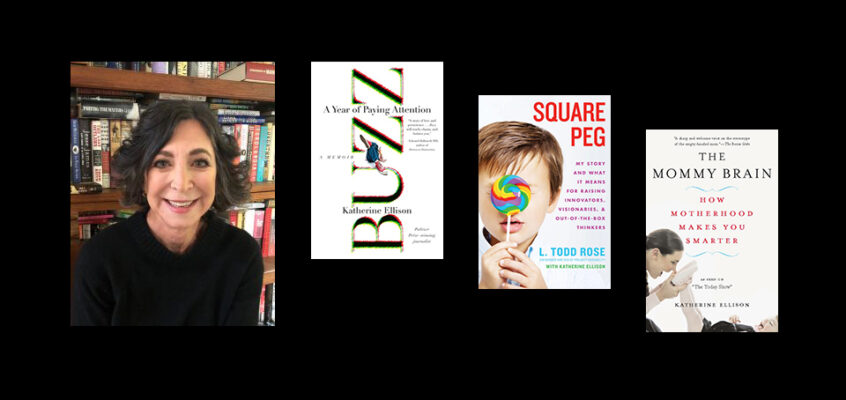Patterns of Adult ADHD and Comorbid Conditions
Recent research shows that about 60% of adults with ADHD have comorbid psychiatric conditions including: mood and anxiety disorders, substance use disorders, and personality disorders. The presence of these other conditions can often complicate the process of diagnosing and treating ADHD in an adult. Early recognition and treatment of ADHD and its comorbidities has the potential to change the trajectory of these psychiatric conditions later in life.









